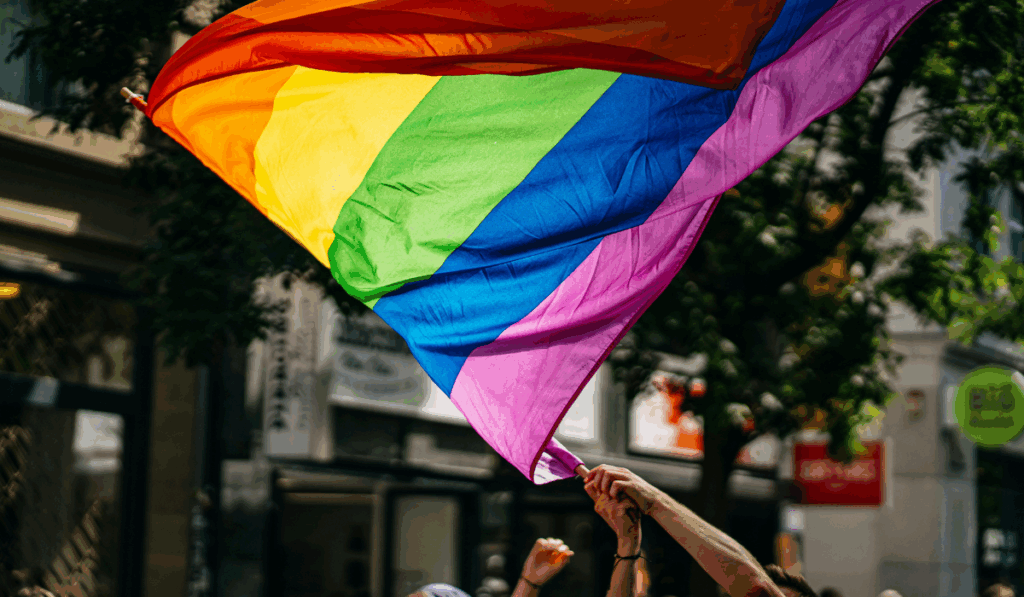The reason appears to be growing pressure from conservative politicians and fears of public backlash over diversity and inclusion (DEI) activities. For example, companies such as Google and Home Depot have decided not to appear as corporate sponsors at Pride in Toronto. Nissan, Adidas and Clorox have taken the same step. In the US, Booz Allen Hamilton, a key supplier to the federal government, has distanced itself from sponsoring World Pride in Washington, D.C. Comcast, Deloitte and others have followed suit.
New York Pride will lose sponsors such as Mastercard, PepsiCo, Nissan, Citi and PwC this year, but two-thirds of last year's partners remain. Organisers are increasingly relying on small businesses and grassroots organisations.
A quiet retreat from Pride marketing
According to a survey of 49 brand managers conducted by Gravity Research, 39 per cent of brands plan to reduce their spending on Pride-related marketing this year. In 2024, this figure was only nine per cent. Some advertisers (41%) are maintaining their current level of involvement. According to Kendall Seketa of Gravity Research, the main reason for the change is concern about executive action by the federal government.
Queer creators are also feeling the effects of reduced cooperation. According to them, brands are scaling back or completely cancelling previously common collaborations.
DEI marketing between a rock and a hard place
According to experts, brands are trying to balance two risks: they don't want to provoke conservative critics, but at the same time, they don't want to alienate communities they have promised to support in the past. However, it appears that backing away from DEI commitments can be a costly mistake – Target, for example, faced sharp criticism and a decline in customer loyalty due to its backtracking.
On the contrary, brands that stick to their inclusive approach can benefit not only from deeper relationships with communities, but also from commercial results. According to a recent study, brands that used progressive themes in their advertising had 3.46 per cent higher short-term sales growth than others.
The question of the future
The retreat of corporations from Pride sponsorship thus reveals a broader trend: DEI marketing is no longer a natural part of brand strategy, but is becoming the subject of political calculations. The future will show which brands can remain consistent even in a complex social climate – and which will remain stuck in the middle.
Source: mam.cz

